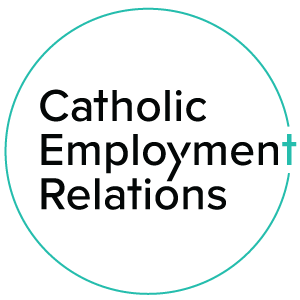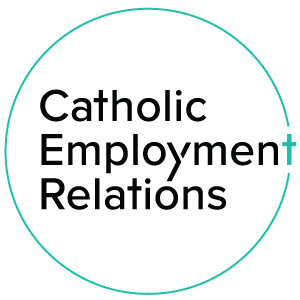CER update - case note – Teacher accused of s*x with student
A decision by the Industrial Relations Commission of New South Wales has again highlighted the difficult tightrope schools must walk when applying child protection legislation and providing procedural fairness to employees accused of serious misconduct.
A male teacher employed with the NSW Department of Education (DoE) was dismissed for serious misconduct for allegedly contacting a student on a dating app (Grindr) and having sex with the student at school on multiple occasions. The teacher recently successfully applied for a stay of his unfair dismissal application until his application for a Working with Children Check (WWCC) is approved or rejected by the Office of the Children’s Guardian (OCG)[1].
The teacher had been employed by the DoE since 2008 and was a Head Teacher at his school from 2016 until dismissal took effect. The DoE investigated allegations and found that the teacher:
contacted a 16-year old student in May to June 2019 on the dating app to arrange face to face contact;
engaged in inappropriate physical contact (including sex) with the student on multiple occasions in a store room at the school, and;
exchanged numerous text messages (253) in September and October 2020 with the student without a legitimate educational purpose.
The teacher admitted to the third allegation but maintained that the text messages occurred after the student’s graduation ceremony in September 2020. Regardless of the timing given the student was still enrolled at the school, the teacher maintained he had not engaged in misconduct.
The teacher made an unfair dismissal application and also subsequently applied for a volunteer WWCC. The teacher then applied for the unfair dismissal application to be stayed subject to the outcome of his application for a WWCC. . The Industrial Relations Commission granted the stay until the earlier of the outcome of OCG’s assessment of the teacher’s WWCC application, or a maximum of six months, before it hears the dismissal matter. However, if the OCG deny the teacher’s volunteer WWCC (and subject to any appeal by the teacher to NCAT) the teacher agreed he will discontinue his unfair dismissal proceedings.
Although this was an interlocutory decision and did not determine the merits or otherwise of the findings of the DoE, there are a number of questions it raises:
There is little detail in the decision about the nature of the allegations and whether findings of reportable conduct - sexual offence and/or sexual misconduct were made. The facts suggest such findings were available, and if made, would have triggered an assessment by the WWC Directorate of the OCG. That the applicant was applying for a volunteer WWCC itself confirms that he did not hold a valid WWCC, though whether that was as a result of the DoE findings is not clear.
Commissioner Webster noted that there was “limited evidence before the Commission to assess how long the OCG may take to determine the applicant’s WWCC application”. However, the OCG on its website notes that risk assessments may take longer than 12 months[2].
More importantly though, this decision highlights the balancing exercise schools must undertake when making reportable findings and considering terminating employment as a result. Employment tribunals, such as the Fair Work Commission and the NSW IRC, have different considerations in determining applications for unfair dismissal involving allegations of serious misconduct, than those of schools. For schools, the paramount consideration is the safety, welfare and wellbeing of children[3]. For the Fair Work Commission, however, the object of the unfair dismissal regime is to ensure that the employer and employee get a “fair go all round”[4]. Sometimes, these objects will clash.
CER can assist you with advice and representation, including undertaking investigations into reportable allegations, and representation before employment tribunals. If you need help, contact us on 9189 5999 or enquiry@cer.catholic.org.au.
[1] Semaan v Secretary, Department of Education [2023] NSWIRComm 1040
[2] https://ocg.nsw.gov.au/working-children-check/apply-wwcc/risk-assessment
[3] s. 7, Children’s Guardian Act 2019 (NSW)
[4] s. 381, Fair Work Act 2009 (Cth)

